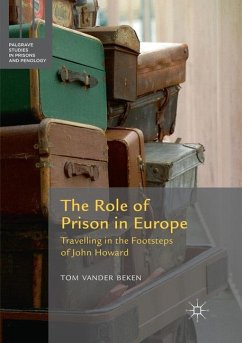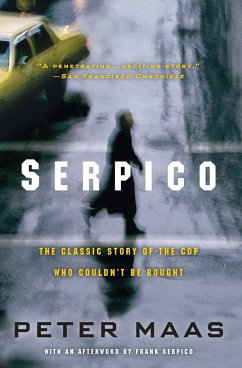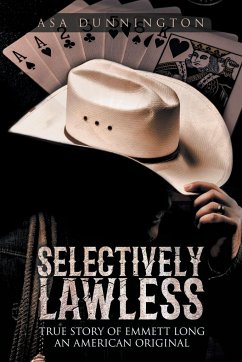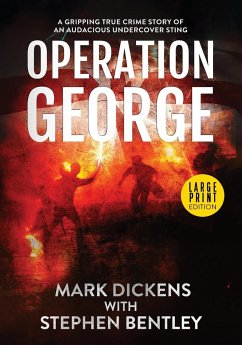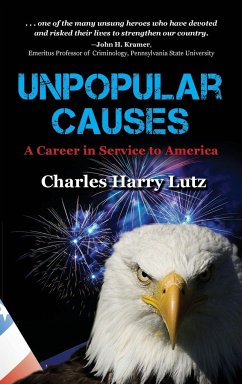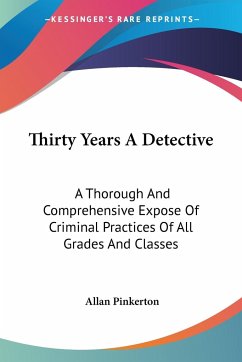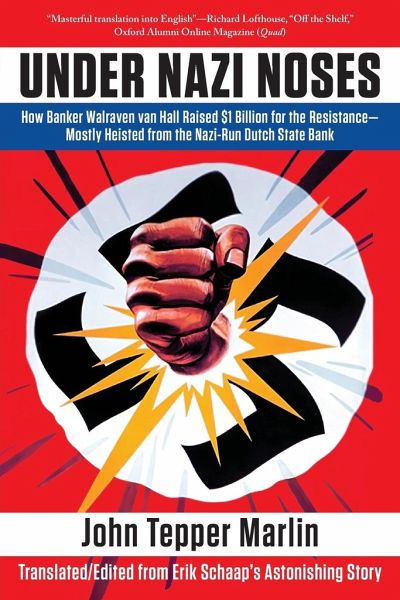
Under Nazi Noses
How a Dutch Banker Heisted $1 Billion to Fight Hitler
Versandkostenfrei!
Versandfertig in 1-2 Wochen
17,99 €
inkl. MwSt.

PAYBACK Punkte
9 °P sammeln!
Walraven van Hall was born into an old Amsterdam banking family. When Hitler invaded the neutral Netherlands in 1940, Walraven joined the anti-Nazi party. When that was banned, he joined the Resistance. He collected money, then borrowed money, and finally, in desperation, he stole money from the Dutch State Bank, which was under Nazi Occupation control. His largest source of income was from forging Dutch Treasury bills, which were exchanged for real ones in the Dutch State Bank vaults, under Nazi noses. It was the biggest bank fraud in Dutch history. Walraven was betrayed, caught by his Nazi S...
Walraven van Hall was born into an old Amsterdam banking family. When Hitler invaded the neutral Netherlands in 1940, Walraven joined the anti-Nazi party. When that was banned, he joined the Resistance. He collected money, then borrowed money, and finally, in desperation, he stole money from the Dutch State Bank, which was under Nazi Occupation control. His largest source of income was from forging Dutch Treasury bills, which were exchanged for real ones in the Dutch State Bank vaults, under Nazi noses. It was the biggest bank fraud in Dutch history. Walraven was betrayed, caught by his Nazi Sicherheitsdienst pursuer for something else, and executed. But the Nazis never figured out how Walraven raised a billion dollars in 2024 money. The full story is told here for the first time, for a non-Dutch English-speaking audience. It is translated and annotated with more than 750 endnotes that explain Dutch terms and historical references.









